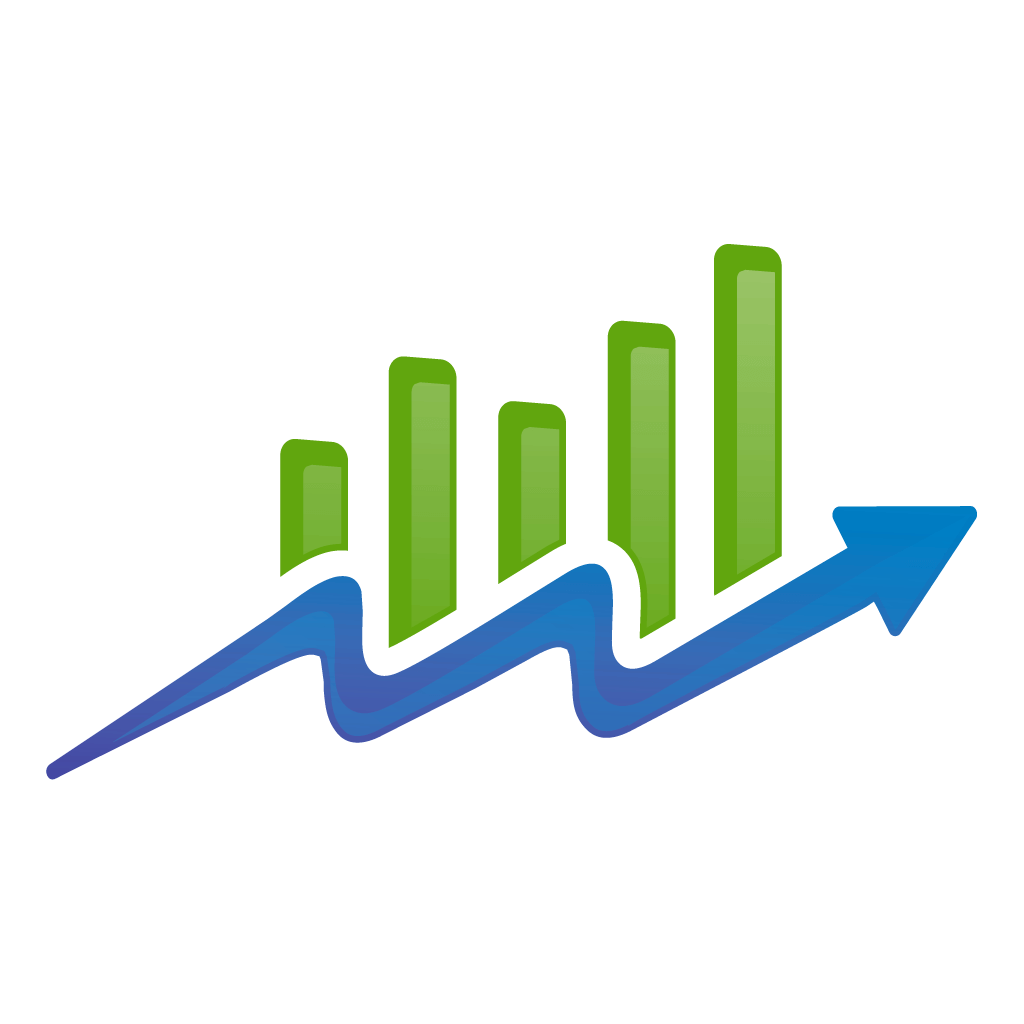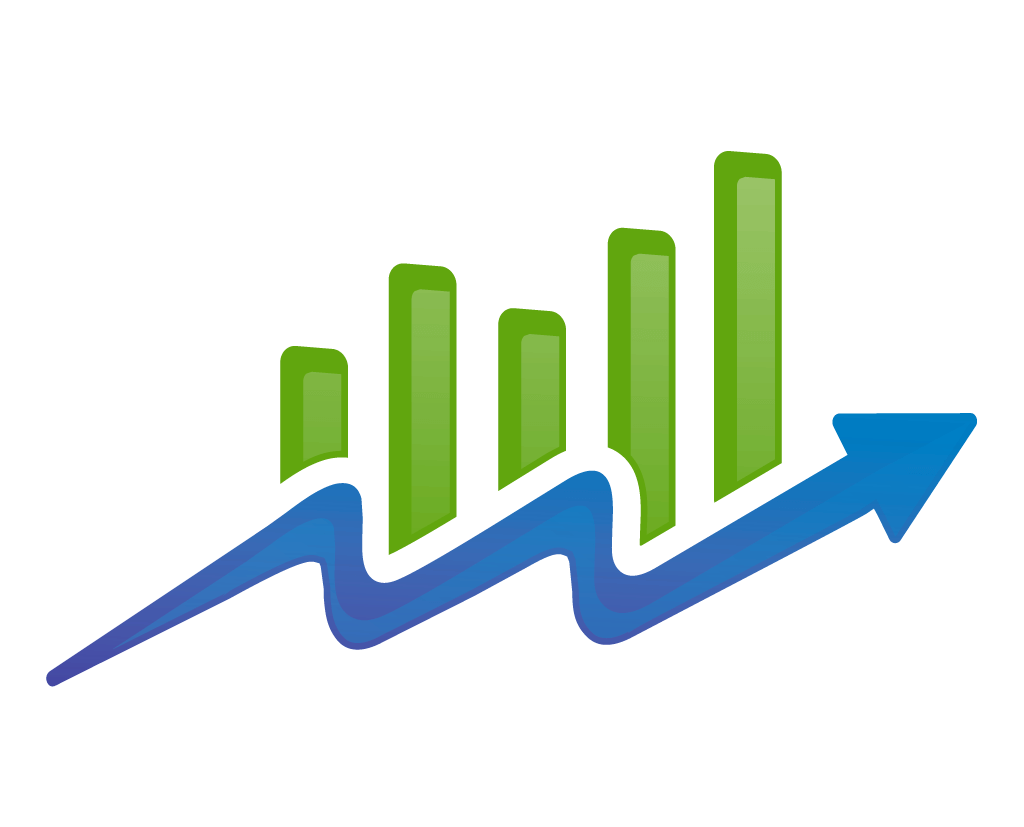Blogging is an important social media exercise for promoting your business, communicating sales offerings, and sharing product/service updates and perspective.
Blogging effectively creates a two-way conversation between you and your target market. In addition, there are distinct SEO benefits to be gained from operating your own blog, which means that SEO considerations apply to how you set the blog up and what you do with it.
Blogging Platforms
Blogger is a Google product and is available for free, however you cannot buy your own domain name and “own” the property (that belongs to Google and you are subject to their rules). Blogger is simple to use, which is perfect for many first-time bloggers. There are a range of alternatives including WordPress (which RankPay uses), that also operates as a free service and you can buy your own domain name and create a blog or website using the free WordPress CMS (Content Management System). This may sound more involved, however it provides your full ownership and control over all aspects of the blog itself. Medium is a more lightweight blogging platform with emphasis on social connections. Unlike WordPress which offers a self-hosted and a cloud option, Medium owns the platform like Google owns Blogger.
SEO Tip #1 for Blogs – Utilize Blog Post Title within the URL of the Post
The default setting for most CMS’ is to use a number affixed to the blog domain name as the URL for the post itself, e.g. http://www.myblog.com/post12345. This is a missed opportunity for the search engines as they are also reading your post URLs for clues as to the content contained therein. A better URL for a post you have titled, “Top 5 Tips for Coffee Growing” would be, http://www.myblog.com/top-5-tips-for-coffee-growing – this will further support your efforts with the search engines to highlight your fresh, relevant content.
SEO Tip #2 for Blogs – Organize Page Title Order
You should stipulate what the page title order will be so that keyword terms are closer to the front of the page title. For instance, having page titles which start with the date is less effective than having them start with the keyword terms you are aiming for. Both WordPress and Blogger offer plugins which allows you to customize the title and meta tags of your page for a better SEO practice.
SEO Tip #3 for Blogs – Use Heading Tags
WordPress, and other CMS’, will automatically put your post title into a “slug” or tag. If you are using keyword rich titles, this presents little issue, however wherever you have the opportunity to use tags, you should take advantage of them. Header tags and post tags are given extra credit by search engines and represent a significant SEO opportunity.
SEO Tip #4 for Blogs -Link Structure
Search engines and people find their way around your blog or website by using the links you provide. You should have a good link structure so both can easily navigate around the blog, and get back to where they were originally, without feeling like they are in a maze.
SEO Tip #5 for Blogs – No Duplicate Content
Copying content is a spam signal to the search engines – you should not put duplicate content on your main website and the same applies to your blog. In case you need to reference a text from a third-party site, provide a short summary and include a link to the original source. This makes your blog more credible and tells search engines that your site isn’t a duplicate.
Summary
Your company blog should be a de facto extension of your site, and as noted above, the same considerations that are standard for your primary website should be applied to your blog.
Further, your blog itself has the opportunity to rank prominently for relevant/targeted keyword terms, therefore you should treat your Blog’s SEO Program with a similar approach and principles as your primary site to capitalize on the ranking opportunity within the engines.








